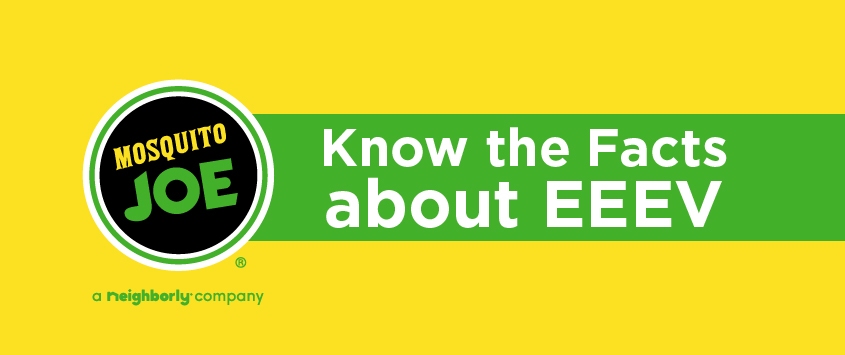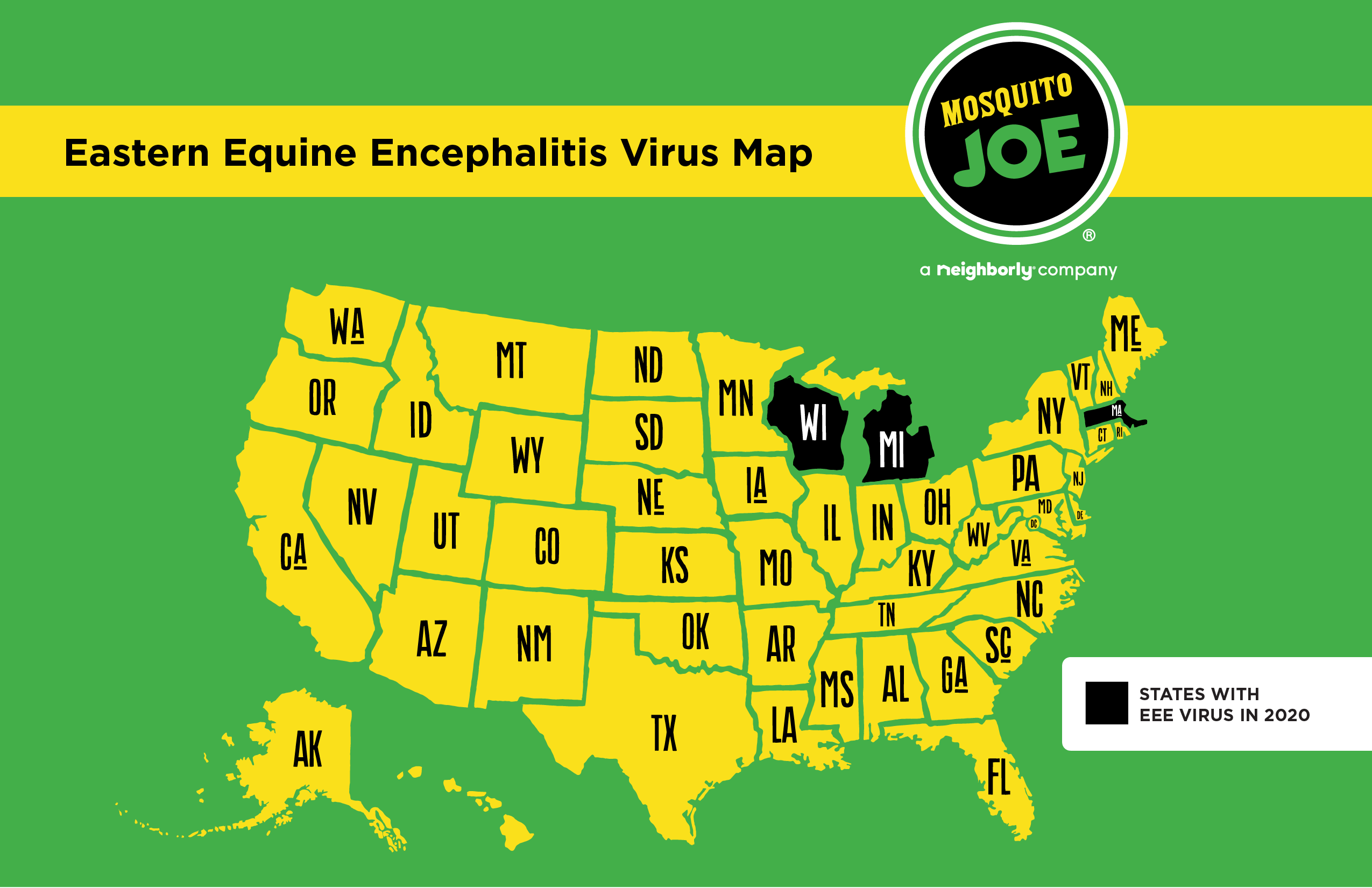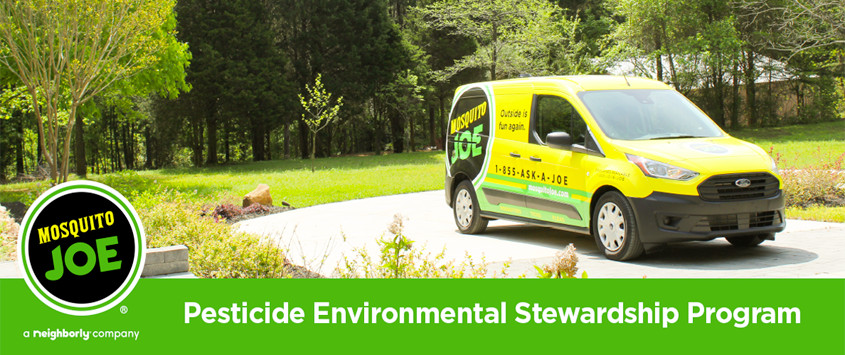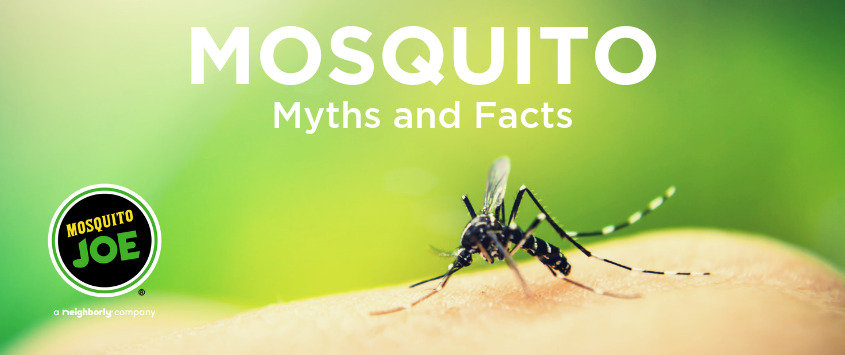Heartworm Disease Awareness Month
As the weather gets more conducive for outdoor activities, it means more barbecues, relaxing by the pool, and enjoying the fresh air! Unfortunately, it also means more interactions with mosquitoes and other biting pests that pose a threat to our family members, two-legged and four-legged alike. One of the fatal diseases pests can spread is heartworm disease. Sadly, this disease affects thousands of pets each year. April is National Heartworm Awareness Month, designed to raise awareness about the deadly threat that heartworm disease represents for our beloved pets.
What Is Heartworm Disease?
Heartworm disease is a serious and potentially fatal affliction. Infected animals can suffer from acute lung disease, cardiac failure, severe organ damage, or die if the disease is left untreated. The most common victims are dogs, cats, ferrets, wolves, coyotes, and foxes. This disease is caused by parasitic worms called Dirofilaria immitis, otherwise known as heartworms.
While dogs, cats, and ferrets are all vulnerable to heartworm disease, it is far more common in dogs and ferrets than in cats. In part, this is due to heartworms reproducing more rapidly in dogs. However, while successful heartworm disease treatments exist for dogs, no treatment is available for cats or ferrets. One study indicates that one-third of cats diagnosed with heartworm disease die or are euthanized soon after diagnosis. Therefore, it’s essential to protect your pets from this deadly disease.
How Do Pets Get Heartworm Disease?
Pets can get heartworms after being bitten by infected mosquitoes.
Heartworms can live in the major organs of an animal’s body, such as the heart, lungs, and connected blood vessels. Adult female heartworms living in an animal host produce microscopic baby worms that circulate throughout the infected animal’s bloodstream. When the host gets bitten by a bloodsucking mosquito, the insect picks up these tiny worms with the animal’s blood. When that pest bites another susceptible pet or wild animal, they deposit the infective worms into the animal’s bloodstream.
Heartworm disease has been diagnosed in all 50 states, but the highest number of reported cases are in the southeast, especially in Gulf Coast areas. Warmer climates make transmission from mosquitoes much easier, and the number of wildlife carriers in the area is also a contributing factor.
Symptoms of Heartworm Disease
Not all infected dogs and cats demonstrate symptoms of heartworm disease. A blood test is the surest way to detect heartworms in your pet. Use Heartworm Disease Month as your motivation to schedule regular vet visits for your pet(s).
The most common symptoms of heartworm disease are the following:
- A dry, persistent cough, particularly in otherwise healthy-appearing pets
- Lethargy, poor stamina, and a reluctance to exercise
- Decreased appetite and weight loss
- Swollen belly due to fluid buildup in the abdomen
- Difficulty breathing or shallow, rapid breaths
- Frequent vomiting, sometimes with blood
- Bloody diarrhea
- Nosebleeds
- Blindness
- Seizures
If your dog or cat displays any of these symptoms, don’t hesitate to take them to your vet. However, heartworms cannot be detected in your pet until the parasites are about 7 months old.
Stages of Heartworm Disease
There are four distinct stages of heartworm disease, which are as follows:
- A mosquito bites a pet or wild animal infected with heartworms, ingesting microfilariae, the immature larval form of Dirofilaria immitis.
- The heartworm microfilariae mature into infective larvae inside the mosquito.*
- The infected mosquito bites a healthy animal, transmitting the infective heartworm larvae.
- The larvae enter the animal’s bloodstream, traveling to the heart and lungs, where they mature and begin to reproduce, growing up to a foot in length.
* Heartworm microfilariae, the microscopic immature larval form, must spend time in the digestive tract of a mosquito to develop into infective larvae. An infected pet cannot pass heartworm to another animal through contact, scratches, bites, or grooming. Mosquitoes are essential to the spread of heartworm disease.
Mature heartworms can live in dogs for five to seven years and in cats for two or three years. (Yuck!) But this long lifespan means that every mosquito season, your pet can develop an increasing number of heartworms, worsening the severity of the heartworm disease and its symptoms.
How To Prevent Heartworm Disease in Dogs?
While Heartworm Disease Awareness Month is dedicated to raising pet owners’ awareness of the disease, prevention is the main purpose. Heartworm disease in dogs and cats can be prevented, so it’s essential to check your pet(s) regularly for symptoms and schedule periodic checkups with your vet.
The best way to deal with the threat of heartworm disease is the regular use of preventative medications prescribed by your vet. Various effective formulas are available in once-monthly chewable form, once-monthly topical applications, and once- or twice-yearly injections.
Effective prevention consists of following your veterinarian’s recommendation and having a proactive plan in place. The American Heartworm Society recommends starting puppies and kittens on a preventative medication as early as the label allows, typically at 8 weeks old. Ferrets should weigh at least two pounds before starting the medication. Experts also recommend that pets aged 7 months and older be tested for heartworms every 12 months. Although cats are less likely to contract heartworms as they are atypical hosts, it is important to provide cats with preventative treatment and test them regularly for early detection.
Additional Protection Against Heartworm Disease
Another component of heartworm disease prevention is effective mosquito control around your property. Remember that mosquitoes are essential to the transmission of heartworm disease. Mosquito Joe®’s barrier-treatment sprays, misting systems, and mosquito traps provide an added layer of defense and protection against mosquitoes that transmit heartworm disease. With a regular schedule of our barrier treatments, especially during the peak mosquito season, you can protect your family and pets from mosquitoes and the health risks they pose.
You can also lower the mosquito population near your home by doing the following:
- Emptying standing water sources. Tires, puddles, bird baths, and even children’s toys can be prime breeding grounds for mosquitoes.
- Cleaning gutters regularly so water doesn’t build up.
- Cut grass and shrubs short so pests can’t hide.
- Drilling holes in tires, swings, trash cans, and recycle bins so water drains out.
- Repairing leaky outdoor faucets and pipes.
- Keeping your lawn weed-free and avoiding overgrown vegetation.
Treatment of Heartworm Disease
Heartworm disease is treated in dogs with the use of Melarsomine dihydrochloride. This is a drug that contains arsenic and has been approved by the FDA to kill adult heartworms in dogs. It is available under the trade names Immiticide and Diroban. Heartworm disease prevention is far and away the best treatment.
To find more information on heartworms, visit the American Heartworm Society.
Help Protect My Pets from Heartworm Disease
At Mosquito Joe, we’re dedicated to keeping your family and furry friends safe from biting insects. In addition to mosquito control, our services include flea and tick control. We also provide extensive ongoing education about insects and vector-borne diseases to help you protect all of your loved ones.
To keep your outdoor spaces free from itching and swatting, trust the professionals at your local Mosquito Joe. All our work is backed by the Neighborly Done Right Promise™ and the Mosquito Joe® Satisfaction Guarantee. So you know we’ll get the job done right the first time. Request a free quote and say goodbye to biting mosquitoes and hello to the great outdoors.
 Outside is fun again.
Outside is fun again.




 What are the symptoms?
What are the symptoms? The best prevention against Eastern Equine Encephalitis is a reduction of mosquito populations and the avoidance of mosquito bites. Professional mosquito control services such as the
The best prevention against Eastern Equine Encephalitis is a reduction of mosquito populations and the avoidance of mosquito bites. Professional mosquito control services such as the 
